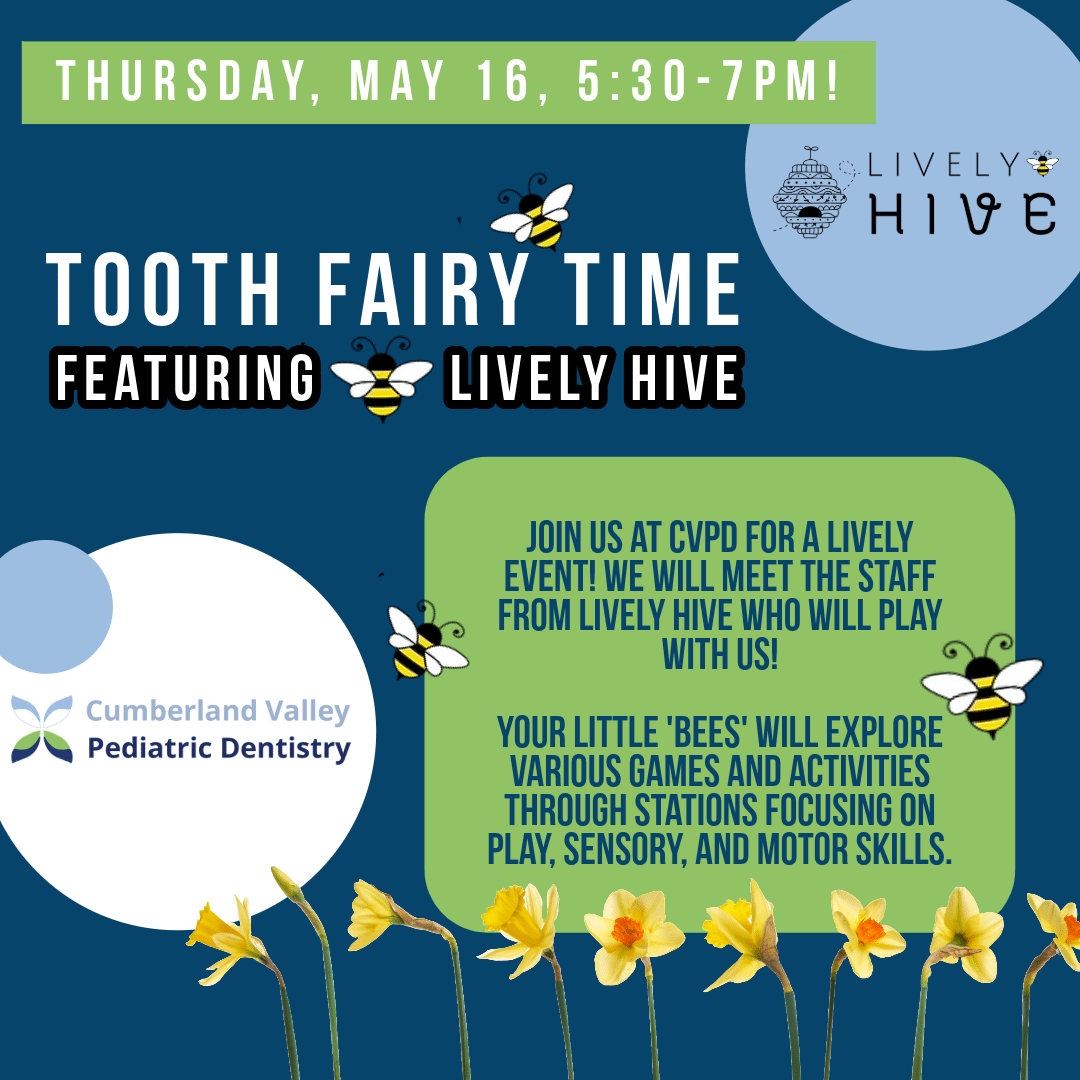How Does A Tongue-Tie or Lip-Tie Affect Breastfeeding?
Is your infant having difficulty nursing? Make clicking noises while feeding? Not gaining weight like they should be?
Your child may have a lip-tie or tongue-tie. While not life-threatening, lip-ties and tongue-ties can affect a baby’s ability to breastfeed.
Could your child have a tongue-tie or lip-tie?
In order for suction, an infant’s tongue should cover the lower gum to make the seal required with the mouth for nursing. This also acts as protection for the mother from damage. Tongue-ties and lip-ties affect the mother and can cause sore or cracked nipples, low milk supply, and mastitis.
When a child has a tongue-tie or lip-tie they are not able to use their mouth properly since the tongue cannot extend and latch effectively.
Instead of properly using the mouth, the baby must use their lips and gums resulting in some of the signs and symptoms below.
Your baby may have a tongue-tie or lip-tie if you notice any of the following:
Difficulty latching or staying attached
Feeding for long periods of time and/or very frequently
Seem to be hungry all of the time
Unable to gain weight
Clicking sounds while feeding
Babies with tongue-ties also may have trouble sticking out their tongues fully or the tongue will look heart-shaped when they try to stick it out.
Will the tongue-tie or lip-tie relieve itself over time?
In infants, the biggest issue that tongue-ties or lip-ties may cause is the inability to gain weight and overall failure to thrive. Left untreated tongue-ties and lip-ties may also cause issues with oral biomechanics and speaking which can affect the way that your child may pronounce words.
Tongue-ties and lip-ties are treated by a surgical procedure called a Frenectomy, where the restricted frenums are released.
At Valley Pediatric Dentistry, we offer frenectomy procedures using the LightScalpel CO2 laser which allows the procedure to be completed in a few seconds.
Curious if your child has a lip-tie or tongue-tie & if they would benefit from this procedure? Contact our friends at Valley Advanced Tongue Tie Center to schedule a consultation today!
- May 16, 2022
- Children's Dentistry


